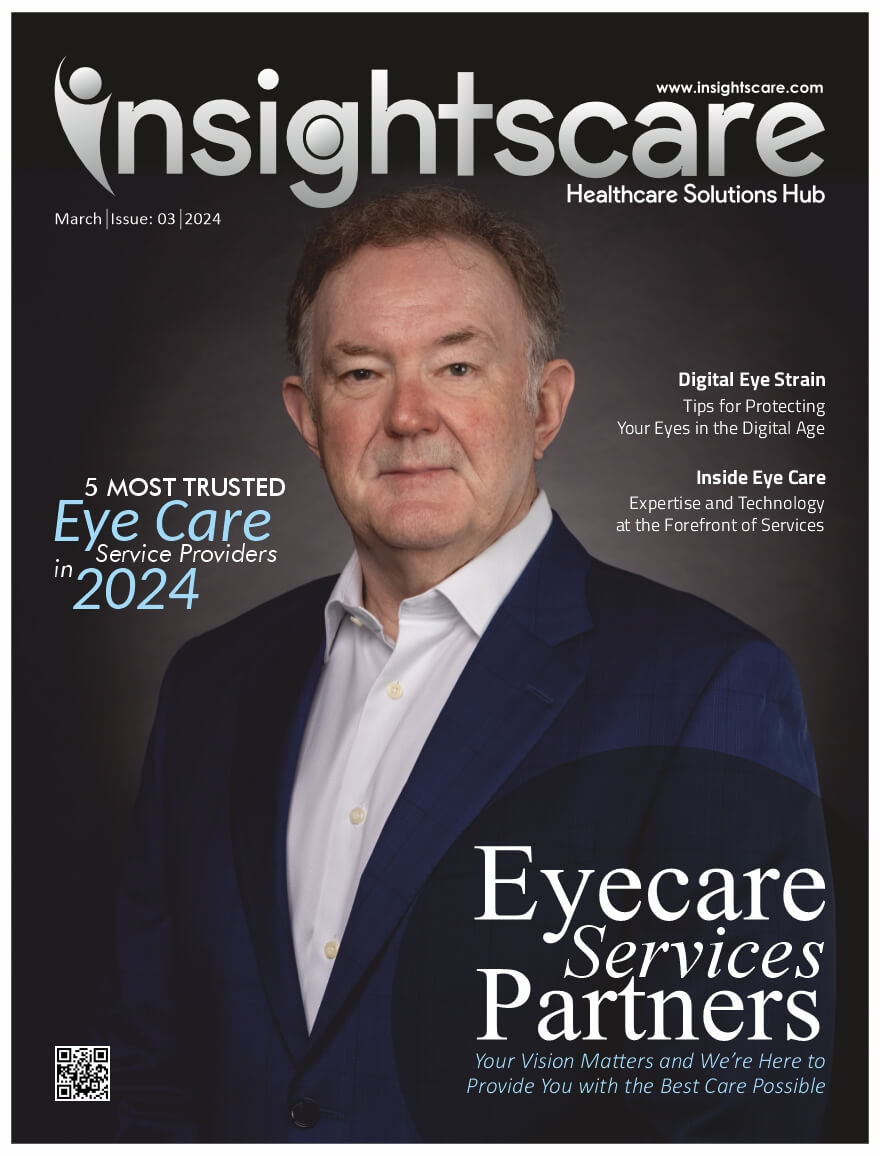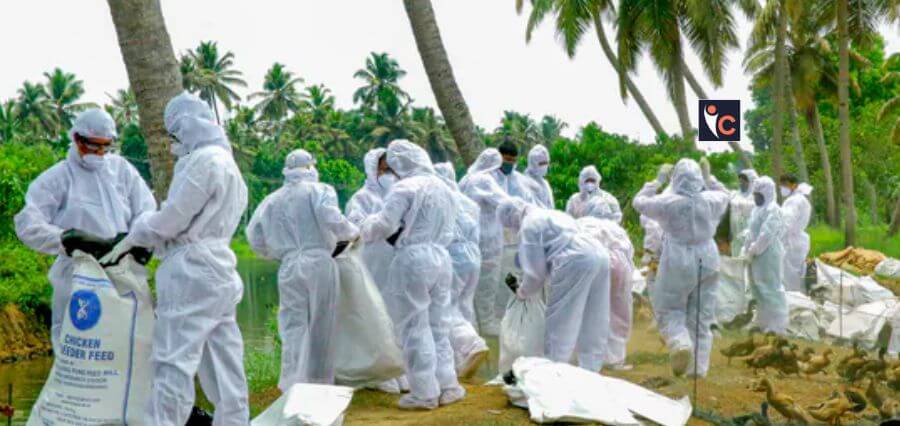According to the study’s findings, monkeypox, also known as mpox, has significantly impacted men with HIV and low CD4 cell counts. The current evidence also indicates that all 96 monkeypox deaths occurred only in people infected with HIV.
The researchers dubbed the severe form of monkeypox “fulminant mpox” and discovered that it caused large, decaying sores on the skin and genitals, as well as the lungs in some cases. Oriol Mitja of Spain’s Germans Trias I Pujol University Hospital, the study’s lead author, shared graphic images of the severe disease on Twitter.
Patients with the lowest CD4 cell count, a type of white blood cell that indicates the health of a patient’s immune system, typically had the most severe lesions and other symptoms because HIV destroys CD4 cells, according to the research.
Excerpts From Study
As per studies, 349 of the individuals had been living with HIV at the time they were diagnosed with monkeypox, with 228 of them receiving antiretroviral therapy (ART).
The study discovered that the average CD4 cell count for people with monkeypox and HIV was 211 cells per cubic millimeter, with about 85 individuals having a count of fewer than 100 cells per cubic millimeter and 94 having 100-200 cells per cubic millimeter.
Out of all the people tested, 193 had an undetectable viral load. An unidentifiable infection rate means the amount of HIV in a person’s blood is so low that standard blood tests cannot detect it.
End Note
According to the study, an intense form of mpox in the frame of reference of advanced immunosuppressive drugs appears to behave like an AIDS-defining state, with an increased proportion of fulminant dermal and systemic manifestations and death.
The research suggested that the severe form of monkeypox be added to the list of “AIDS-defining conditions” retained by international public health agencies. This list aims to assist doctors in determining which infections pose the most significant risk to HIV patients.
Read More News: Click Here















